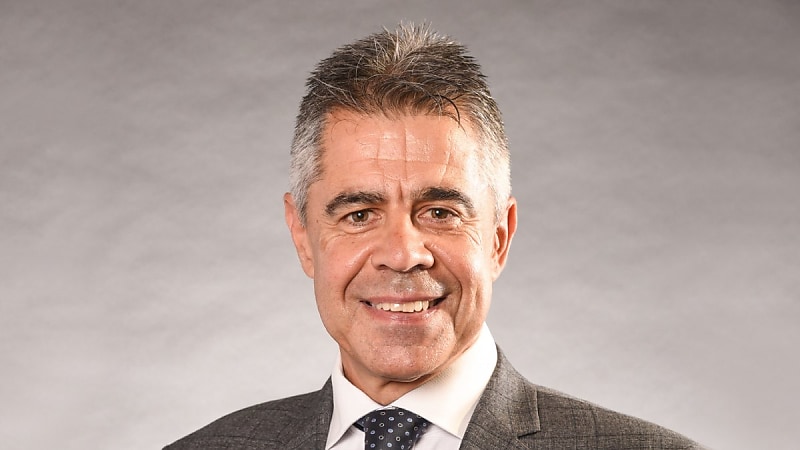2024 in review: wins, challenges, and the road ahead for the SMSF sector
To call 2024 the SMSFA’s annus mirabilis might be an exaggeration – but only just. As I reflect on the year, the SMSF sector achieved a notable milestone and notched some important wins for advisers and their clients.
Throughout 2024, the sector has experienced near-record growth in the number of funds established, and during the September quarter, the sector surpassed $1 trillion in assets. As we said then, this landmark achievement for the sector underscores the confidence Australians place in SMSFs and is a powerful testament to the value of “choice” and the benefits of SMSFs.
NALE and legacy pensions have been on the political agenda for years, with both issues harking back to the previous Coalition government. So, it was gratifying to see them largely resolved with the severity of the 2019 NALI amendments for general expenses being addressed and the legacy pension amnesty taking effect.
The latter has been part of the association’s advocacy platform since 2019, so the federal government must be commended for finally introducing these regulations to give more than 17,000 SMSF legacy pension account holders five years to commute their pension and take advantage of the flexible pathways to allocate the associated reserves.
While we believe there were some missed opportunities with these regulations, it would be churlish not to recognise what a positive reform this represents. It’s worth adding that it also highlights what can be achieved when industry and government work together co-operatively.
While NALI and legacy pensions were important gains for our superannuation sector, the big issue in 2024 was the proposed tax on super earnings above $3 million – the infamous Division 296. From the outset, we have opposed this legislation in its current form – and were always confident the Senate crossbench would not support it.
The reality is that it’s a poorly designed tax, with Treasury’s impact analysis failing in two important respects – the potential for widespread collateral damage caused by taxing unrealised capital gains and not recognising the intrinsic link between the small business owners, primary producers and angel investors impacted by this tax.
We knew if we could bring these issues to the fore – particularly the taxing of unrealised capital gains – there was every chance the Senate crossbench would not support this tax in its current form. It’s why we co-ordinated meetings between industry leaders and independent members.
We wanted to ensure the independent members heard firsthand about the crippling impact taxing unrealised capital gains would have on business and innovation – and how the design of this tax would affect many more than just those with large super balances.
Assuming Parliament sits again in February, Division 296 could still be legislated. It will largely depend on how much political capital the government is prepared to expend to secure passage of a bill with so many unintended consequences and is feared by many as setting a dangerous precedent for future tax reform.
So, the SMSFA will continue highlighting the unfairness of taxing unrealised capital gains, the unintended consequences and knock-on impact across the community, and the importance of indexation. It is inconceivable to us that at a time of stagnant economic growth, the government is pursuing such an unconscionable new tax on the very sections of the economy needed to drive productivity, innovation and economic growth.
It doesn’t need to be this way. There are other ways of addressing the nation’s stockpile of large superannuation balances that do not impose such a heavy toll on small businesses, innovation, and primary producers.
Looking to 2025, the biggest challenge will be legislative uncertainty, and not just Division 296. The second tranche of the Quality of Advice Review (QAR) reforms is important for the SMSF sector, but it’s very unlikely the legislation will be passed before an election is called.








